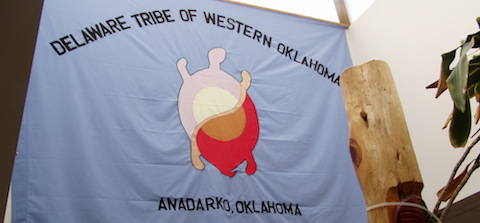
It’s been quite a while since I researched Native American stuff, but recently I happened to get back into some of that and discovered that the Cherokee Nation of Oklahoma has elected a new principal chief since last I checked, Bill John Baker (he was elected in 2011, so that shows how long I’ve been out of the loop!). When I looked him up, my first thought was “He doesn’t look very Cherokee!” And come to find out, as far as his ethnic background goes, he is actually 1/32nd Cherokee.
This led me to a little more research on blood quantum requirements in Indian tribes—basically the requirement that a person have a certain percentage of ancestry from that tribe in order to have tribal citizenship. It’s certainly an interesting concept, especially since it really wouldn’t fly in other nations—just think, what if a European country introduced some blood quantum law that says you must be a certain percentage white in order to be a citizen? Cries of “Racism!” would be everywhere.
But Indian tribes are a different ballgame, or so it seems. It happens to be the case, however, that the Cherokee Nation of Oklahoma does not have blood quantum requirements—all that is required is that you be able to trace your family tree back to someone on the Dawes Roll, a roster of Cherokees made by the US government in the 19th century. Thus, it doesn’t matter what percentage Cherokee you are; if one of your ancestors was a registered Cherokee, then you can join the tribe. Other tribes have chosen to require a blood quantum to have citizenship—for example, the United Keetoowah Band of Cherokees (also in Oklahoma) requires 1/4 Cherokee blood in order to be a citizen of their nation.
Read More
